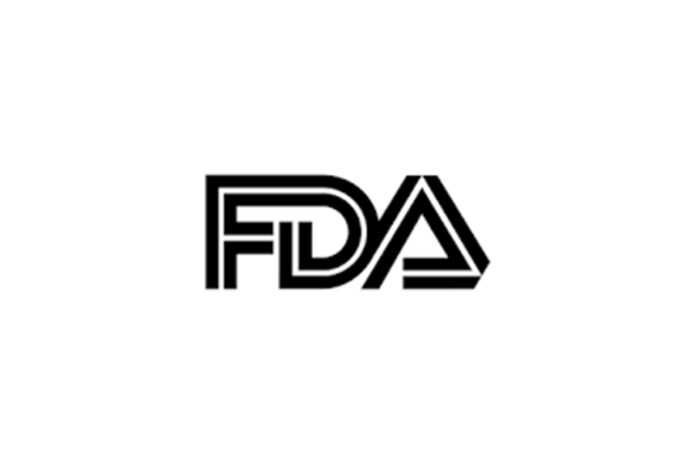FDA Takes Action Against Dietary Supplement Companies for Non-Compliance
In a landmark decision impacting the dietary supplement industry, the U.S. Food and Drug Administration (FDA) has taken decisive action against two Utah-based companies for non-compliance with federal health regulations. This move underscores the FDA’s commitment to safeguarding public health and ensuring adherence to the Federal Food, Drug, and Cosmetic Act.
Consent Decrees Issued to Evig LLC and Premium Production LLC
The U.S. District Court for the District of Utah, Central Division, has issued two consent decrees of permanent injunction against Evig LLC, headquartered in St. George, Utah, and its CEO, Douglas Lex Howard, as well as against Premium Production LLC, also based in St. George, Utah, and its Manager, Ryan Petersen.
Marketing of Balance of Nature Products Under Scrutiny
These companies, known for distributing Balance of Nature products, have faced scrutiny for marketing these supplements with claims that categorize them as unapproved new drugs and misbranded drugs. Notably, the FDA has not endorsed Balance of Nature products for any medical use, despite the company’s assertions that they can diagnose, cure, mitigate, treat, or prevent various diseases, including cancer, heart disease, cirrhosis, diabetes, asthma, and even COVID-19.
Violations of Good Manufacturing Practices
A critical issue identified was Evig LLC’s violation of current good manufacturing practice (CGMP) requirements, leading to the categorization of its products as adulterated dietary supplements. Evig LLC has been distributing these products through major retailers like Amazon and Walmart, as well as through its website, www.balanceofnature.com.
Similarly, Premium Production LLC and Ryan Petersen have been found in violation of numerous CGMP requirements, particularly in establishing specifications for the identity, purity, strength, and composition of ingredients and finished products. This non-compliance has resulted in their products being deemed adulterated dietary supplements.
FDA’s Commitment to Public Health and Safety
Michael C. Rogers, the FDA’s Acting Associate Commissioner for Regulatory Affairs, emphasized the importance of this action. “This FDA action ensures that dietary supplements distributed to American consumers are appropriately labeled, lawfully manufactured, and prevents products that potentially put people’s health at risk with unproven claims to cure, treat or prevent a serious illness,” he stated. The FDA had previously warned both companies, but persistent violations of manufacturing requirements have led to a lack of public confidence in their products. The FDA remains committed to protecting U.S. public health by enforcing compliance with the law.
Historical Context and Ongoing Enforcement
In 2019, the FDA issued warning letters to both Evig LLC and Premium Production LLC following facility inspections that revealed CGMP violations. Despite these warnings and subsequent inspections, the firms failed to rectify the deviations and comply with FDA requirements, leading to the pursuit of injunctions against them.
Legal Implications and Future Compliance
Principal Deputy Assistant Attorney General Brian M. Boynton, head of the Justice Department’s Civil Division, reiterated the necessity of FDA approval for products intended to treat or cure diseases. He stressed that dietary supplement makers must comply with federal health and safety requirements, and the Department will work closely with the FDA to halt the distribution of unapproved, adulterated, and misbranded dietary supplements.
The consent decrees prohibit Evig LLC and Premium Production LLC from distributing or manufacturing products until they comply with CGMP and labeling regulations. Both firms are required to hire CGMP experts, submit compliance documents, and receive FDA approval to resume operations. Additionally, Evig LLC must employ a labeling expert to ensure their products are no longer classified as new and/or misbranded drugs.
The U.S. Department of Justice filed these complaints on behalf of the FDA, marking a significant step in regulatory enforcement in the dietary supplement industry. This case serves as a reminder of the importance of compliance with federal regulations to ensure the safety and efficacy of dietary supplements in the market.









